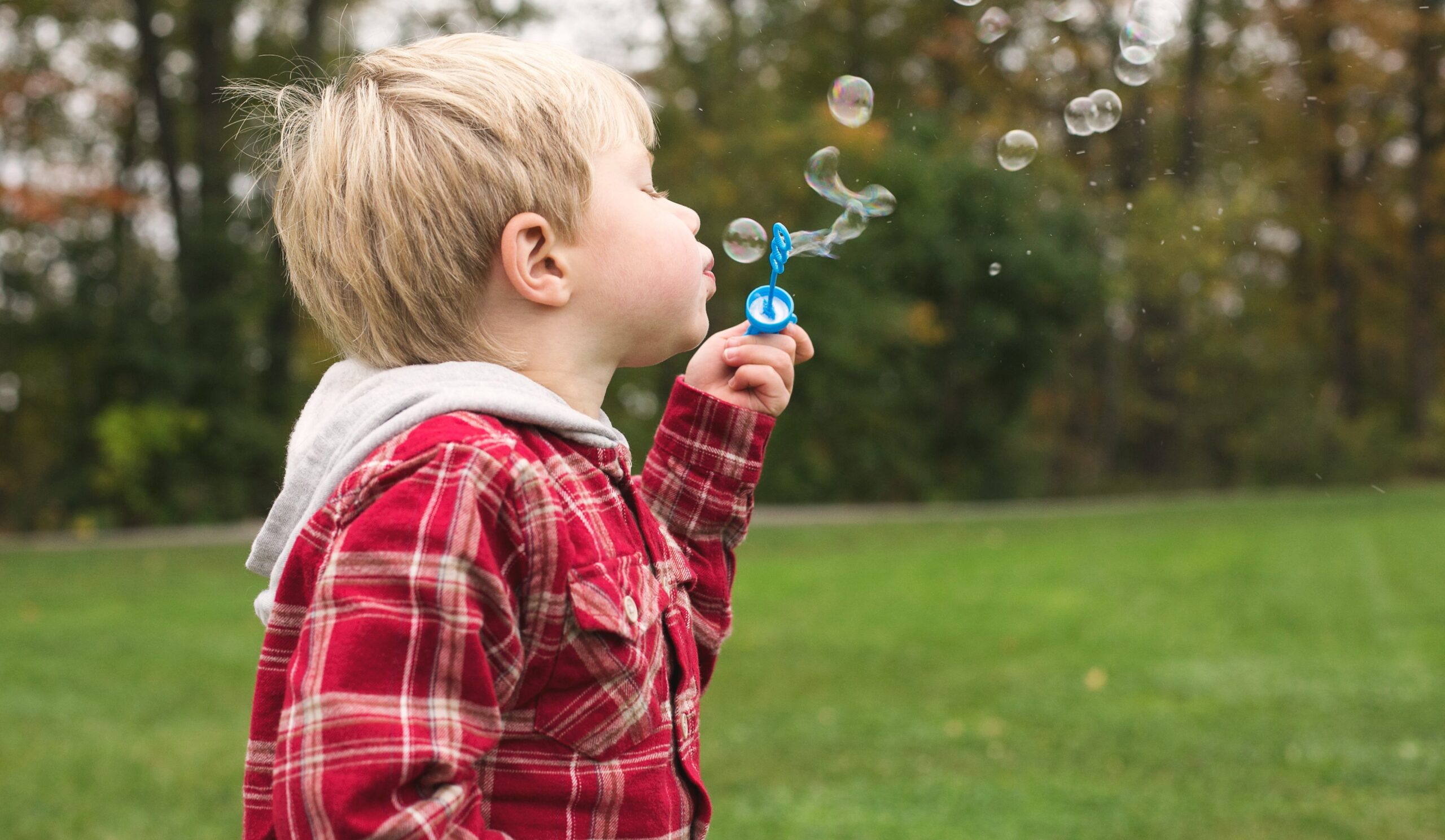Sponsored content provided by Concordia University-Portland
Take a second to absorb these unsettling statistics.
- Children ages five to 17 miss nearly two million school days annually due to dental problems.
- More than 25 percent of American youth experience a serious traumatic event — abuse, terrorism, divorce, for example — by their 16th birthday.
- In America, one in six kids — that’s 13 million kids —
live in households without consistent access to enough food. Nationwide, three out of four public school teachers say that students regularly come to school hungry.
So what do medical, dental, and mental health issues have to do with education? As a teacher, you undoubtedly know that the answer is everything.
As American psychologist, Abraham Maslow theorized, before one can satisfy cognitive, social, and self-actualization needs, basic physiological needs — the lowest tiers in his Hierarchy of Needs — must first be met. In other words, before your students can grow academically — before they can know, understand, explore — they need health, safety, shelter, stability.
When basic needs aren’t met, students are at risk of developing behavioral problems, psychosocial deficits, depression, suicide, repeating grades, and dropping out. The problem is that the traditional school model doesn’t always account for what’s lacking in Maslow’s lowest tiers.
But, it’s not impossible to meet these needs.
Here’s how one university flipped the typical educational model on its head, and how you can echo their strategies in your own school.
Concordia Rolls Out the First 3 to PhD® Community
For 65 years, Concordia University-Portland’s College of Education and Portland Public Schools’ (PPS) PreK-8 Faubion School were neighbors. About eight years ago, the two institutions dreamed up a collaboration that would aim to create safer, healthier, more educated communities by joining forces and focusing on the whole person.
“3 to PhD stands for the first three trimesters of life, to pursuing one’s highest dreams,” Faubion School Principal Jen McCalley told the Portland Observer. “We want to make sure that we wrap up kids from the very beginning, when mom knows she’s pregnant, all the way up until they’re doing what they want to do.”
Along the way, Concordia and Faubion found additional community partners in Trillium Family Services, basics (formerly Pacific Foods), and Kaiser Permanente. Thanks to the contributions of each partner, the new Faubion school building houses:
- The PreK-8 public school
- Concordia University’s College of Education
- An early childhood education program
- A free food program that gives students food for the weekend
- A Food Club with healthy, low-cost food options for sale, open to the public
- Medical, dental, and counseling services
A College of Education student can walk down the hall to a seventh grade classroom and practice what he or she just learned. A second grade student can get dental sealants without ever leaving the building. A fourth grade teacher can encourage their students to attend a drop-in meeting with the school’s own social worker.
“It’s quickly becoming the heartbeat of the community, a safe place for children and families in an area that is one of the most diverse and socio-economically challenged of any of the PPS schools. And it’s working,” says Sheryl Reinisch, Dean of Concordia’s College of Education. “The children and families are utilizing the resources offered and our education students are gaining valuable hands-on experiences as they learn to address the needs of the whole child. If it’s successful here, it really can be elsewhere, too.”
What Teachers Like You Can Do, Starting Today
Want to implement 3 to PhD®’s whole child approach in your district? While this may seem like a daunting task for an individual teacher, there are small steps you can take — no matter your budget or the size of your school — to begin to replicate what’s happening in Portland.
- Form an internal team. Get a few colleagues on board with your mission to care for the whole child in new ways. “Even if your first initiative is a small one, it’s much easier to tackle anything with a team,” suggests Madeline Turnock, Strategic Communications & Partnerships Advisor at Concordia.
- Define your area’s biggest needs. Is food insecurity the worst problem? Or the fact that the nearest pediatrician’s office is 45 minutes away? “Based on what you know about your community and any recent research, write down what your area is lacking and what your students could benefit from,” says Turnock.
- Draw up a list of potential partners. If your school could use free take-home food or more healthy options, jot down the names of local organizations that may be able to help. “Perhaps a family-owned local baker could donate their leftovers at the end of every day, or a local farm may be willing to donate their extra produce,” says Meredith Eggert, basics Manager who runs the Food Club at Faubion. “Have a game plan of what you need. Many businesses are interested in helping, they just need to know what and how,” she adds.
- Reach out. Send an email, leave a voicemail, arrange a meeting. Concordia and Faubion’s relationship started with a knock on the window. Share your goals, your vision, and your request to meet in person to come up with a few realistic ideas, and ultimately, a plan you can activate. Once you have partners on board, meet regularly, check in often, and always acknowledge the important work you’re doing.
- Look for the signs. At the very least, with or without community partners, you can encourage educators in your school to learn about the symptoms of trauma or poor health. “Teachers can be our first line of defense in detecting early dental problems, for example,” shares Jody Callaghan, DMD, the dentist at the 3 to PhD® Kaiser Permanente Wellness Center. If you notice a student is having trouble eating, mention to their parent they may be in pain. “Knowing what to look for, and learning how to address those issues,” she adds, “is what the whole child concept is all about.”
How are you caring for the whole child in your school or classroom right now? Let us know what works for you in the comments below.
Find out more on Concordia’s College of Education website.






